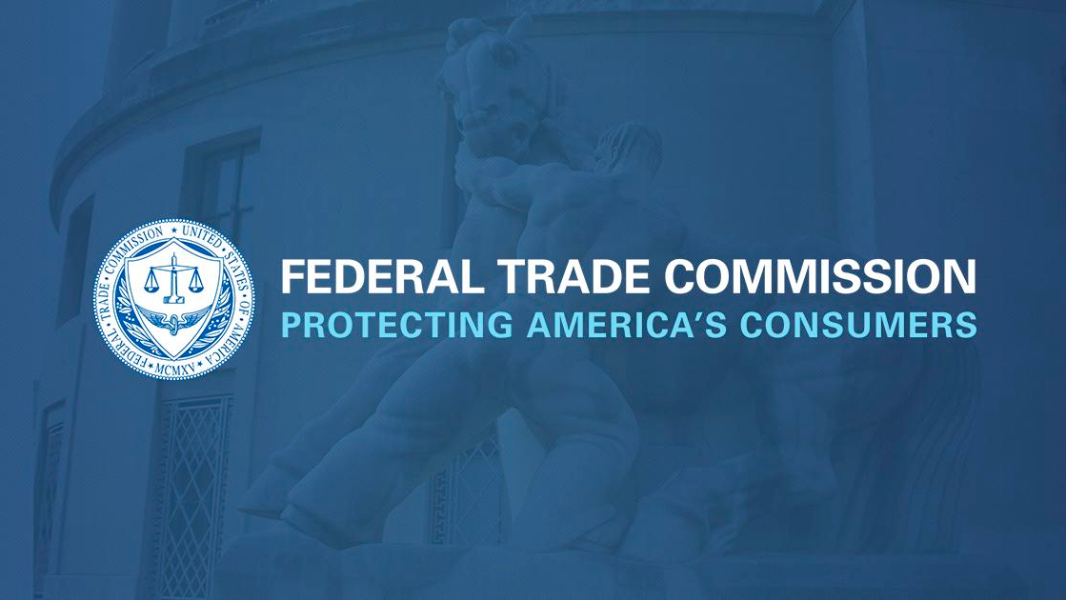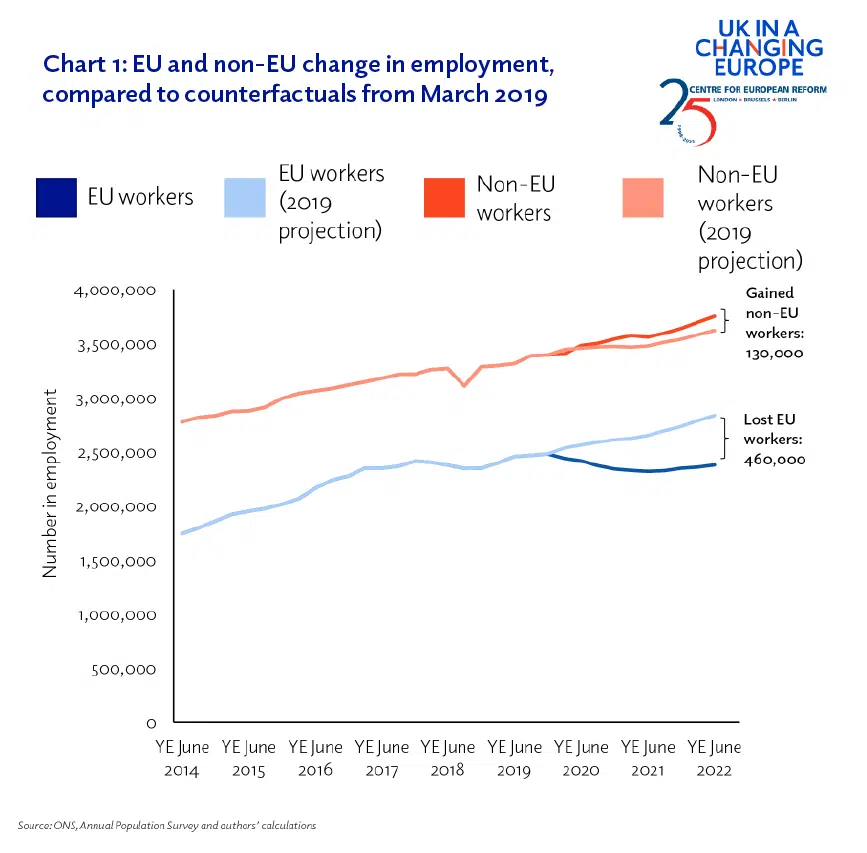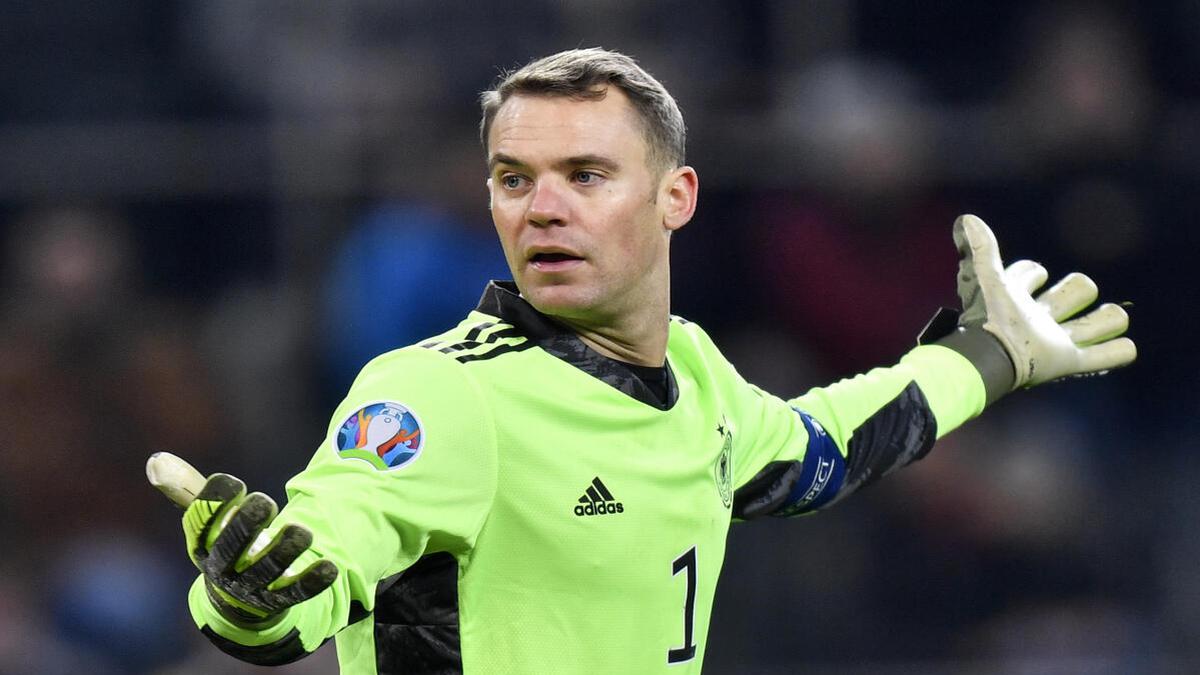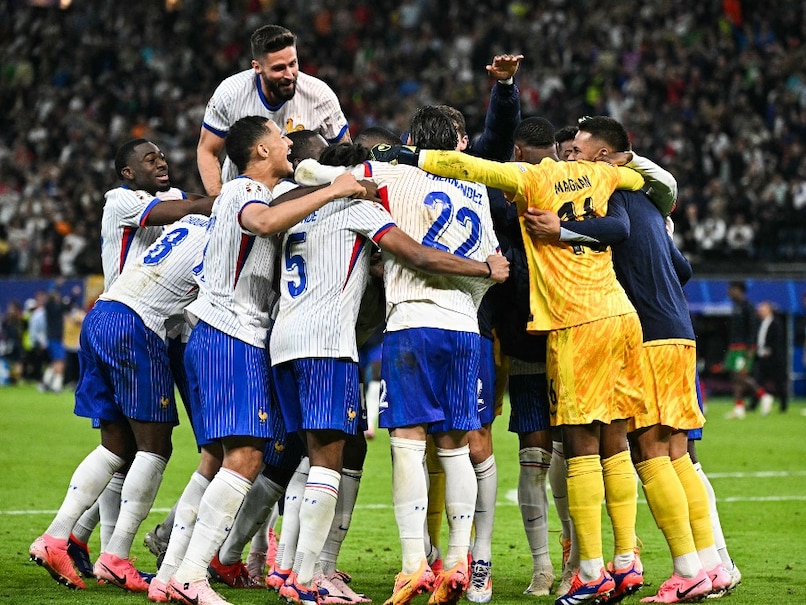FTC Appeals Activision Blizzard Acquisition: Implications For The Gaming Industry

Table of Contents
The FTC's Concerns and Arguments
The FTC's core argument against the Microsoft-Activision Blizzard merger centers on concerns about anti-competitive practices and the potential for Microsoft to leverage its market dominance to stifle competition. Their case rests on several key pillars:
-
Concerns regarding Microsoft's market dominance and potential anti-competitive practices: The FTC argues that Microsoft already holds significant market power in the gaming industry, particularly through its Xbox console and Game Pass subscription service. Acquiring Activision Blizzard, a major game publisher, would further consolidate this power, giving Microsoft an unfair advantage.
-
Focus on the impact on competition, particularly concerning Call of Duty: Call of Duty is a flagship franchise, and the FTC argues that Microsoft could make it exclusive to Xbox consoles or Game Pass, harming competitors like Sony PlayStation and Nintendo Switch. This would limit consumer choice and harm competition in the console market.
-
Allegations of stifling innovation and limiting consumer choice: The FTC claims that the acquisition could stifle innovation by reducing the incentive for Microsoft to compete fairly, potentially leading to higher prices, fewer choices for gamers, and less innovation in game development.
-
Specific examples cited by the FTC: The FTC's complaint details specific examples of how Microsoft might leverage its control over Activision Blizzard's titles to harm competitors and limit consumer choice. These examples are crucial to their argument and demonstrate a specific threat of anti-competitive behavior.
Microsoft's Defense and Counterarguments
Microsoft has robustly defended its acquisition, arguing that it will ultimately benefit gamers and the industry as a whole. Their key counterarguments include:
-
Microsoft's arguments about its commitment to fair competition: Microsoft insists that it has no intention of making Activision Blizzard's games exclusive to its platform and that it remains committed to fair competition in the gaming market. They point to their agreements to keep Call of Duty on Playstation for example.
-
Promises regarding continued Call of Duty availability across platforms: A central part of Microsoft’s defense is its commitment to keep Call of Duty available on PlayStation, Nintendo Switch and other platforms. This commitment aims to address the FTC's concerns about anti-competitive practices.
-
Arguments about the benefits of the acquisition for gamers and the industry: Microsoft argues that the acquisition will lead to increased innovation, broader access to games, and enhanced gaming experiences for all. They cite potential benefits such as cloud gaming expansion and cross-platform play.
-
Emphasis on innovation and expanded gaming experiences: Microsoft emphasizes its intentions to invest in Activision Blizzard's studios and franchises, leading to more innovative games and broader gaming experiences for players across multiple platforms.
Potential Outcomes and Their Impact on the Gaming Industry
The FTC's appeal could have several outcomes, each with significant implications for the gaming industry:
-
Scenario 1: FTC wins, acquisition blocked – impact on Microsoft, Activision Blizzard, and the gaming landscape: If the FTC prevails, the acquisition would be blocked, potentially resulting in significant financial losses for Microsoft and Activision Blizzard. This outcome would also send a strong message regarding antitrust enforcement in the gaming industry.
-
Scenario 2: Microsoft wins, acquisition approved – implications for future mergers and acquisitions: A Microsoft victory would set a precedent for future mergers and acquisitions in the gaming industry, potentially paving the way for more consolidation. This could lead to both increased competition and potential monopolies, depending on the specific cases and the actions of other large companies.
-
Scenario 3: Negotiated settlement – potential compromises and their effects: A negotiated settlement is possible, with Microsoft potentially agreeing to concessions to address the FTC's concerns. This could involve commitments to maintain Call of Duty availability on other platforms or other measures to promote competition. This would need to be carefully constructed to ensure fair practices are maintained.
Impact on Game Developers and Publishers
The outcome of the FTC appeal will significantly impact game developers and publishers, particularly smaller, independent studios:
-
Increased scrutiny of future mergers and acquisitions: Regardless of the outcome, future mergers and acquisitions in the gaming industry will face increased regulatory scrutiny, requiring more thorough antitrust reviews.
-
Potential changes in the landscape for independent game development: The outcome could affect funding and distribution for smaller game studios, creating both challenges and opportunities, potentially shifting the balance of power within the industry.
-
Effects on funding and distribution deals: The increased regulatory scrutiny may lead to more complex and costly approval processes for mergers and acquisitions, potentially impacting the availability of funding and distribution channels for smaller game developers.
Impact on Consumers and Gamers
The FTC Appeals Activision Blizzard Acquisition also has important implications for consumers and gamers:
-
Price increases or decreases in gaming services: Depending on the outcome, the price of games and subscription services could increase or decrease due to changes in competition and market dynamics.
-
Changes to game availability and accessibility: The availability and accessibility of certain games could change depending on Microsoft's actions and the outcome of the legal battle.
-
Impact on subscription services and online gaming communities: The appeal could also lead to changes in the structure and pricing of subscription services and the dynamics within online gaming communities.
Conclusion
The FTC's appeal against the Activision Blizzard acquisition represents a pivotal moment for the gaming industry. The outcome will significantly shape the future of mergers and acquisitions, setting precedents for years to come. Whether the FTC prevails or Microsoft secures the acquisition, the impact on competition, innovation, and gamer experiences will be profound. Staying informed about the progress of this legal battle and its implications is crucial for anyone invested in the future of gaming. Understanding the nuances of the FTC Appeals Activision Blizzard Acquisition will help you navigate this changing industry landscape.

Featured Posts
-
 Sydney Sweeney Glumi U Filmu Po Prici S Reddita
May 21, 2025
Sydney Sweeney Glumi U Filmu Po Prici S Reddita
May 21, 2025 -
 Trans Australia Run Record A New Challenger Emerges
May 21, 2025
Trans Australia Run Record A New Challenger Emerges
May 21, 2025 -
 Analysis Brexit And The Decline Of Uk Luxury Exports To The Eu
May 21, 2025
Analysis Brexit And The Decline Of Uk Luxury Exports To The Eu
May 21, 2025 -
 New Challenger Aims To Break Trans Australia Running Record
May 21, 2025
New Challenger Aims To Break Trans Australia Running Record
May 21, 2025 -
 Understanding The Dynamics Of The Countrys Emerging Business Hubs
May 21, 2025
Understanding The Dynamics Of The Countrys Emerging Business Hubs
May 21, 2025
Latest Posts
-
 Goretzkas Nations League Call Up Nagelsmanns Germany Squad Announcement 03 13 2025
May 21, 2025
Goretzkas Nations League Call Up Nagelsmanns Germany Squad Announcement 03 13 2025
May 21, 2025 -
 Can Germany Overcome Italy In The Quarterfinals
May 21, 2025
Can Germany Overcome Italy In The Quarterfinals
May 21, 2025 -
 Euro 2024 Germanys Quarterfinal Clash Against Italy
May 21, 2025
Euro 2024 Germanys Quarterfinal Clash Against Italy
May 21, 2025 -
 Germany Determined To Beat Italy In Euro Quarterfinals
May 21, 2025
Germany Determined To Beat Italy In Euro Quarterfinals
May 21, 2025 -
 Bangladeshinfo Com Exploring Bangladesh Through Detailed Information
May 21, 2025
Bangladeshinfo Com Exploring Bangladesh Through Detailed Information
May 21, 2025
